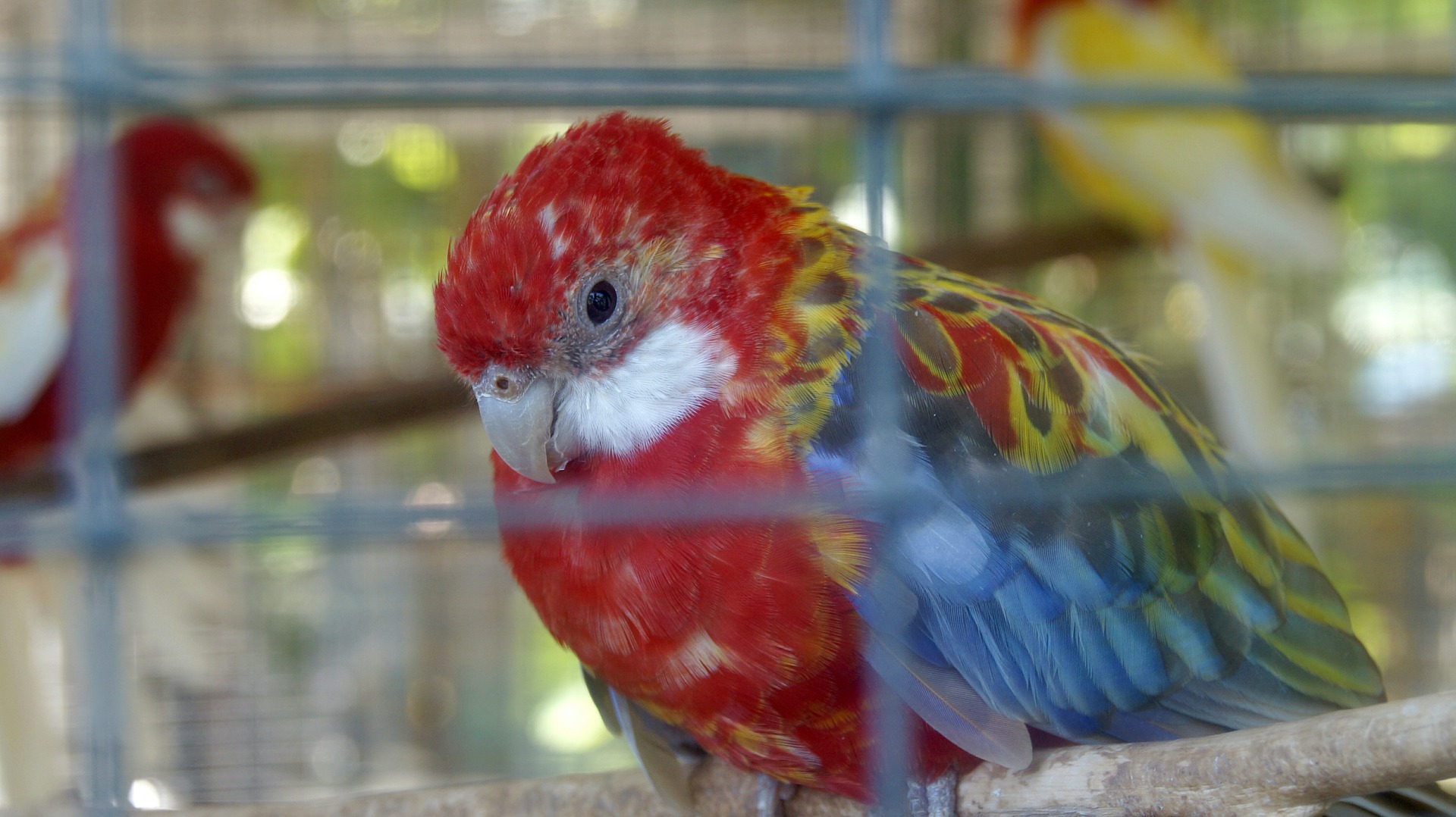News release
From:
Nature calls: Intelligence and natural foraging style predict poor welfare in captive parrots
Many parrots are endangered, and around half of all individuals live in captivity. Here, some species typically thrive. But members of other species are prone to struggle, so we investigated potential risk factors. We found that in breeding centres, species with small population sizes have low hatching rates, perhaps due to inbreeding and low availability of compatible mates. For pet birds in private homes (50 species, 1,378 individuals), feather-damaging behaviours (e.g. self-plucking) occurred most in species that in the wild, naturally rely on tough diets requiring manipulation. Species with large brains were prone to all other forms of abnormal behaviour (e.g. route-tracing; bar-chewing): the first evidence that intelligent animals have unique welfare needs in captivity. More naturalistic diets and cognitive stimulation could thus improve parrot welfare in cages and aviaries.



 International
International



